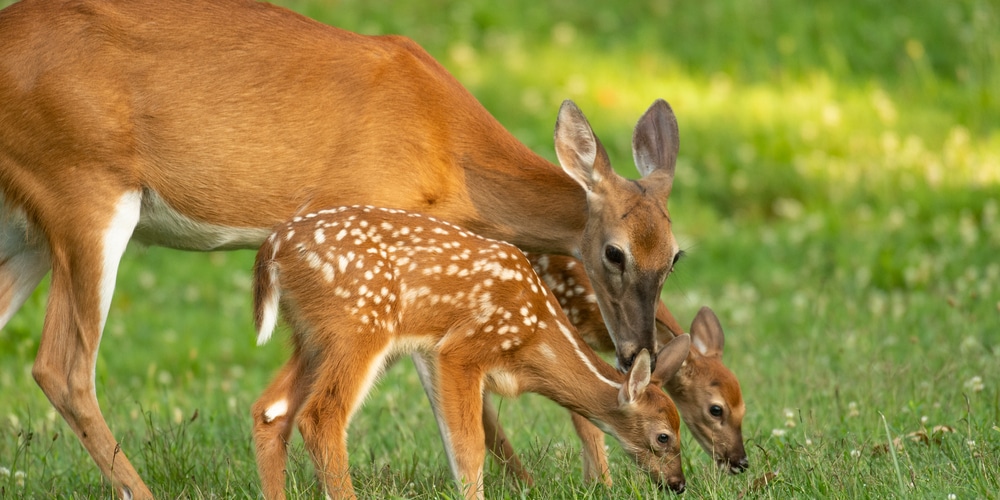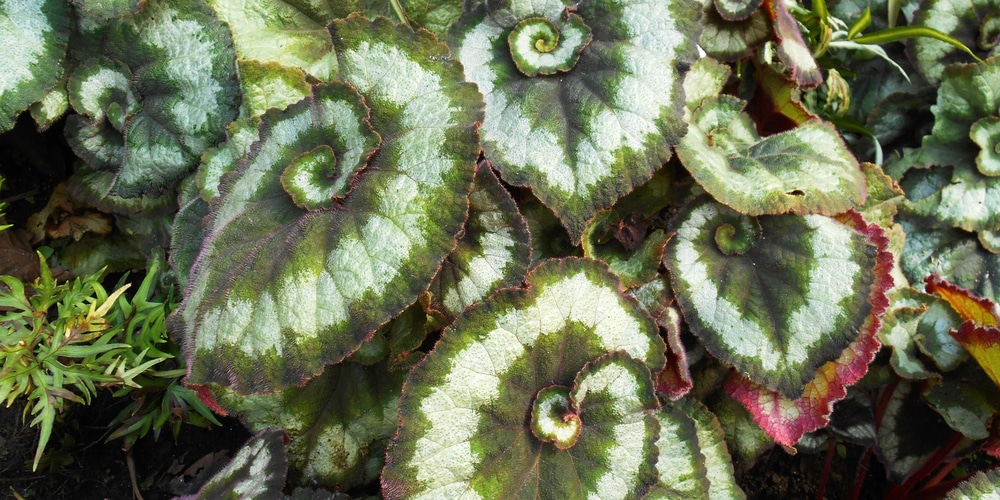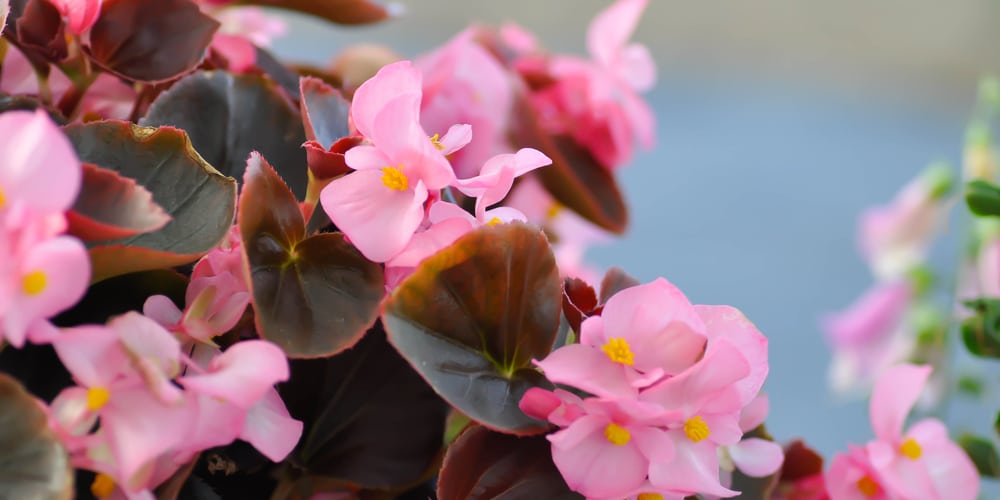Begonias are beautiful flowers, no doubt about that. When using them as houseplants, you won’t have to worry much about deer munching on them since they’re not a big fan of the indoors.
But what about outdoor begonias? If you’re going to plant them on your lawn, you will want to know, do deer eat begonias? Having a clear answer to this question is crucial if your plants are going to grow successfully.
Do Deer Eat Begonias?
The quick answer to this question is that deer don’t like eating begonias that much. They will, however, eat them if they are hungry and there are no other options. While that is the case, there are some species of begonias that deer find more palatable than others.
A Short History About Deer and Begonias
The history of deer and begonias as far as begonias being a food source for deer is concerned is quite an interesting one.
The more than 2,000 species of begonias are native to tropical and subtropical regions. These are regions where you find little to no deer, taking into consideration that these animals prefer temperate-to-cold regions.
What’s more, begonias are not cold-hardy, so it’s out of the question that deer will find them in their natural habitat and start munching on them. So, it’s purely through gardening that deer have access to begonias.
You may wonder why this information is relevant in answering the question, do deer eat begonias. The reason is that the distant association between deer and begonias is advantageous to begonias. It means that deer don’t think of begonias as a natural food source.
As a result, deer will mostly go for other plants, in a majority of situations.
How Much Do Deer Like Begonias?
The fact that deer don’t see begonias as a natural food source means that they’re not so keen to eat them. They prefer other leaves and flowers that are more palatable to them such as azaleas, violas, roses, hostas, rhododendrons, and daylilies.
With that in mind, your begonias may escape the wrath of a deer’s appetite, most of the time. Still, in some cases, deer do adopt unusual tastes for various plants, and that may lead them to your begonias.
Why Are Some Begonias Deer-Resistant?
The answer here is pretty simple and straightforward. Deer dislike eating plants that have waxy or fuzzy stems/leaves. As such, they will avoid the begonias that fall into this category. It basically comes down to the texture.
What Begonias are Deer Resistant?
Some of the main begonia types that have waxy/fuzzy stems or leaves, and as such deer-resistant, include:
1. Begonia ‘Silver Jewel’
This evergreen begonia is a rhizomatous begonia that has beautiful, large, dark green leaves with silvery dashes on the leaves. They are mostly grown for the beauty of the leaves. This begonia variety will thrive best when grown in USDA hardiness zones 10-11.
2. Begonia ‘Hanging Basket Scarlet’
This is a tuberous perennial variety of begonia that is ideal for hanging baskets. It has attractive double drooping flowers that vary in color depending on the cultivar that you choose. The hanging basket begonia will grow best in USDA hardiness zones 9-11.
3. Sun-Changing Begonia
This is a rhizomatous begonia that is popular for its stunning color-changing leaves. The leaves of this begonia variety change color depending on the amount of sunlight that they receive. Their beauty is truly a sight to behold, so we are lucky that deer don’t find them palatable. The sun-changing begonia will grow best in USDA hardiness zones 10-11.
4. Iron Cross Begonia
The iron cross begonia, just like a number of other begonias, is grown for its good-looking leaves. Light green in color with a cross that takes on a dark brown to black color, these leaves add a touch of class and uniqueness to any lawn. The iron cross begonia will grow best in USDA hardiness zones 11-12.
5. Begonia ‘Ruffled’ Series
This is a rhizomatous begonia that is characterized by its dark green, fuzzy leaves that have beautiful veins. This one also produces flowers that come in different colors that range from white to yellow to red depending on the cultivar. The ruffled begonia will grow best in USDA hardiness zones 9-11.
6. Begonia ‘Fireworks’
You can’t talk about beautiful begonias without mentioning the fireworks begonia. This one is a rhizomatous begonia that has stunning, vibrant foliage with different colors on the same leaf.
Each leaf has a radiating dark purple or brownish center, a surrounding light silver-bluish center region that can appear to be light lime green at times, and finally, an outer edge that is dark pinkish purplish. This one is definitely a begonia that will add some pizazz to your lawn.
Summing up,
If you’ve been considering adding begonias to your lawn but are worried about deer, then you can rest assured that, in most cases, deer will not be interested in eating them.
However, you will want to keep in mind that deer-resistant does not mean deer repellent or deer immune. Due to this reason, you should consider taking the necessary precautions to protect your begonias from deer in case they develop a taste for them.


